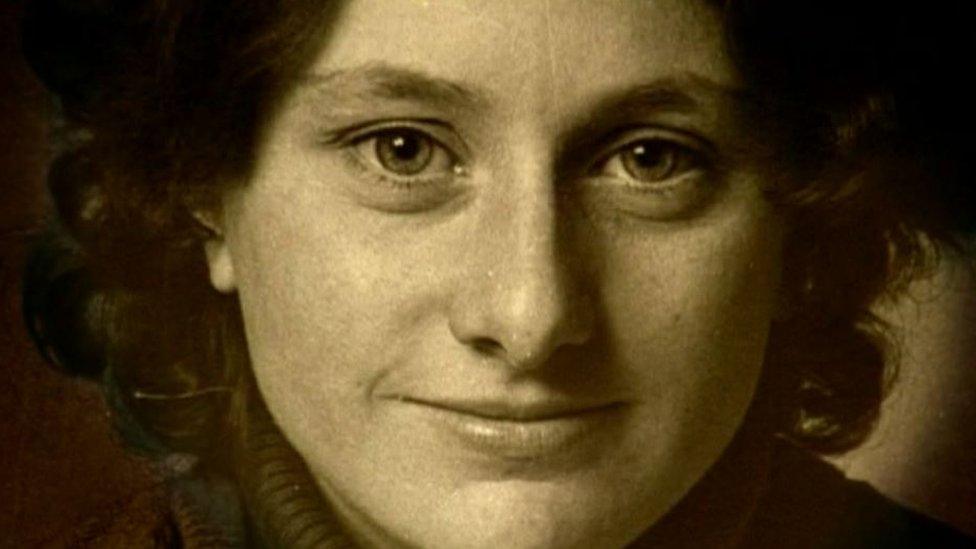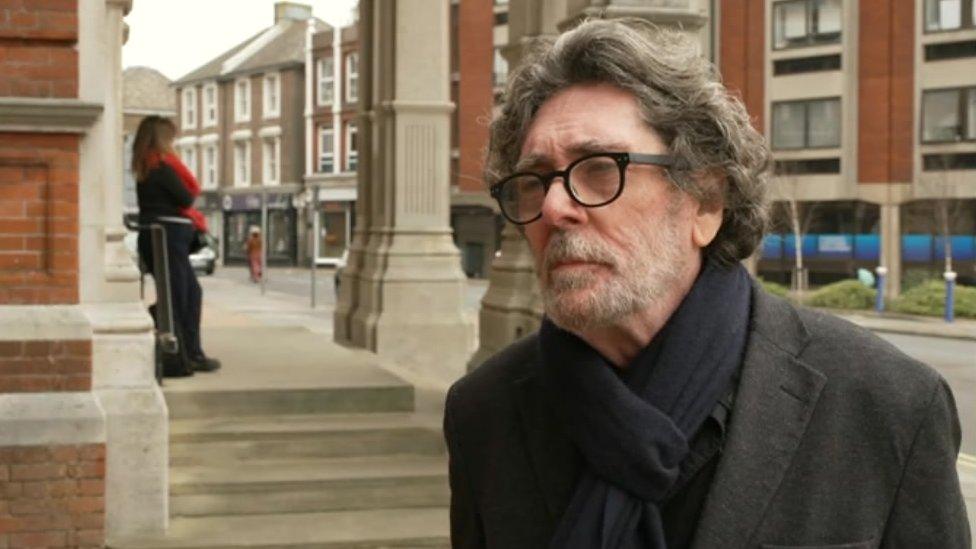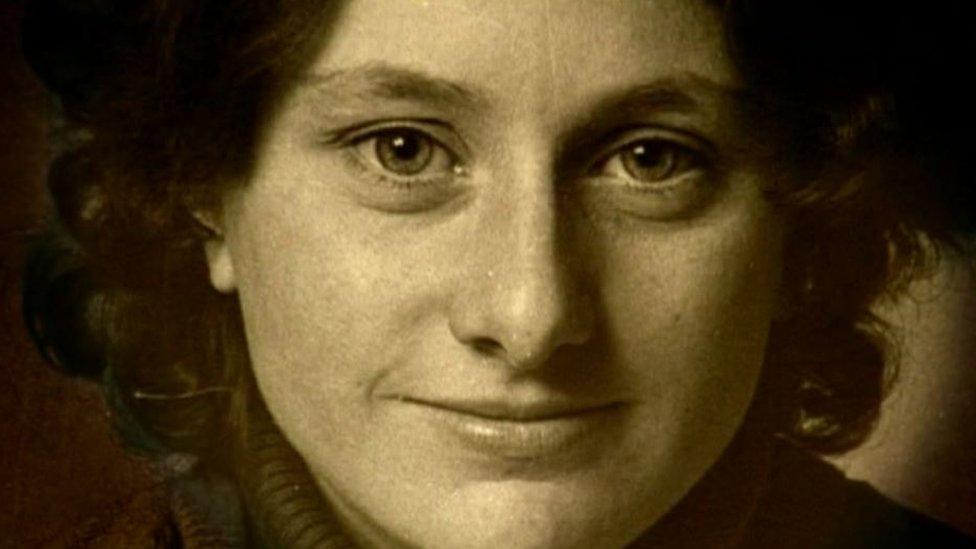Jessie Earl: Inquest to consider if woman's 1980s death was unlawful killing
- Published

Miss Earl's remains were found in dense undergrowth nine years after she disappeared
A coroner will consider whether a Sussex art student was unlawfully killed 30 years ago in a new inquest.
The body of Jessie Earl, 22, was found in undergrowth near Beachy Head in 1989, nine years after she disappeared from her Eastbourne bedsit.
An inquest at the time concluded an open verdict but the High Court recently decided on a new hearing.
It follows years of criticism from Miss Earl's family over a "woefully inadequate" police investigation.
Stephen Kamlish QC, representing parents John and Valerie Earl, previously said police were instructed in 1989 not to treat the case as a murder.
But in 2000, Sussex Police reinvestigated the case and concluded Miss Earl had been murdered.
No arrests have ever been made.
During a pre-inquest review on Wednesday, Sussex deputy coroner James Healy-Pratt told Miss Earl's family: "I recognise the extremely long legal and emotional journey you have had to endure."
He said it was important that the new inquest was held as quickly as possible, adding: "Mr and Mrs Earl have waited 30 years to quash the outcome of the original inquest."
The new inquest will take place at Eastbourne Town Hall on 10 May.
A representative for Sussex Police said new DNA profiles had been obtained from Miss Earl's parents and had been uploaded onto the national police database to be compared with other crime scenes.

Jessie Earl's brother James said he was happy it was not a long wait for the inquest
Speaking after the hearing, Miss Earl's brother James Earl said: "The original inquest left the verdict open, but the death of my sister was very clearly a result of being murdered.
"Having the record straight is important... even though nothing may actually otherwise happen.
"A verdict of unlawful killing is what we want. If it's possible to find out who did it in the end that would would be good, partly just to protect the public if that person is still alive and not in prison."

Follow BBC South East on Facebook, external, on Twitter, external, and on Instagram, external. Send your story ideas to southeasttoday@bbc.co.uk.
Related topics
- Published14 December 2021

- Published23 June 2020

- Published25 September 2018
